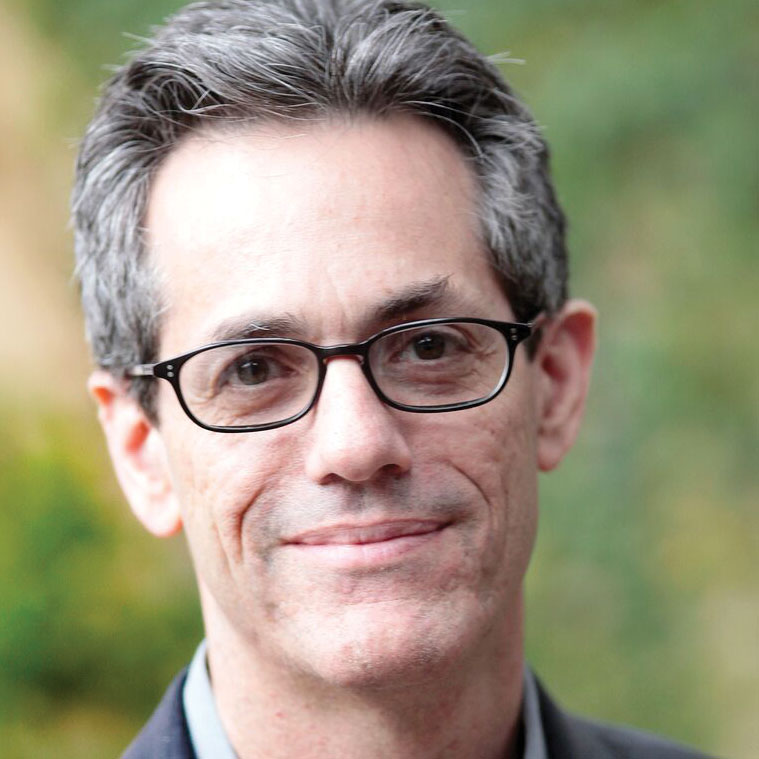One of the most distressing aspects of the recent Middle East conflagration has been the retreat of both sides — Israelis and Palestinians, as well as their supporters — behind towering rhetorical walls.
This retreat evokes the verbal wars of the 1970s, when Israel meant racist and Arab connoted terrorist. When trapped beyond such rhetorical walls, we can only imagine, not see, what the other side looks like. And the imagination often runs wild, depicting the enemy in absolute and demonic terms.
These images are back with us in full force. The two sides have mobilized large sums of money and energy, all part of a PR battle to sway the American public and administration to their sides. If public opinion polls and U.S. policy are reliable indicators, then Israel is winning hands down. But some within our community vilify — even call for boycotts against — the Los Angeles Times, The New York Times, the Washington Post and other prominent media outlets.
According to their logic, support for Israel — or, more accurately, support for Ariel Sharon’s government — is the sole measure of journalistic objectivity. Of course, many of these critics turn indignant at the prospect of boycotts against Israeli cultural institutions and academics. And so they should. Boycotting Israeli academics only serves to deprive Israel of some of its most enlightened, historically knowledgeable and self-critical voices at a point when such voices are desperately needed to stimulate debate and dissent.
Boycotts are a bad idea. Jews should certainly know this, having suffered from them in the dark days of Nazism and then again in the years of the Arab oil embargo. The call for boycotts against American newspapers reflects a clear sense of Jewish anger and vulnerability. These feelings are understandable in today’s troubling world. And yet, they often manifest themselves in a tendency to divide the world into two neatly demarcated spheres of good and evil. Hence, whereas our side possesses moral virtue, the other side is morally repugnant, a modern-day incarnation of the heretical acher (other) in Jewish tradition. It is easy enough to fit the suicide bomber into that latter category. But what of the young Palestinian child who knows only poverty and deprivation? Can we really regard such a child as evil?
Sadly, the tendency to divide the world into good and evil — the instinct of the ancient Manicheans — pervades our own community. Those who dissent from the position of unequivocal support for the current Israeli government are branded disloyal. Indeed, I have been stunned by the vituperative language issuing from within our community, language that portrays the "other side" — in this case, the few surviving members of the Jewish peace camp — in demeaning and demonizing terms. In an environment in which Jews feel great pain, it is understandable that we should attempt to unite our community. But we should not do so by abandoning all rhetorical restraints against those who differ from us.
Above all, we must strive to maintain decency and civility in our interactions with one another. I know that in my own attempts either to advance positions or defend friends whom I believe to have been wronged, I tend to resort to hyperbolic rhetoric. But as a colleague reminds me, the sages of the Talmud have admonished us: "Wise ones, be cautious in what you say." This is not to deny the fact that we will have disagreements, nor that they will be fierce. Jewish history is rife with such disagreements, from Hillel and Shammai in antiquity to Maimonides and his Jewish critics in the Middle Ages to Chasidim and Mitnagdim in the modern era. But we will neither survive nor profit if we cast our partner in debate as devoid of merit — or in the worst case, as intent on destroying the Jewish people.
We need to adopt a code of civility in our public exchange. It should rest on the recognition that many well-intentioned people, lovers of Judaism and the Jewish people, will arrive at sharply divergent positions. While acknowledging these differences, we should nonetheless make a commitment to avoid demonization, personal attacks and leshon hara (evil speech) toward our opponents. Community leaders, opinion makers and all concerned Jews should sign on to a code of civility as a meaningful indicator of Jewish unity.
Obviously, unity is a good thing. But unity that silences is not. It leads us to hunker down behind our rhetorical walls, stifling dissent, and crafting demonic images of our perceived enemies. Trapped behind these walls, we can barely catch a glimpse of the humanity of the other side. In the process, we sometimes forget our own.
David N. Myers is a professor of Jewish history at UCLA.























 More news and opinions than at a Shabbat dinner, right in your inbox.
More news and opinions than at a Shabbat dinner, right in your inbox.